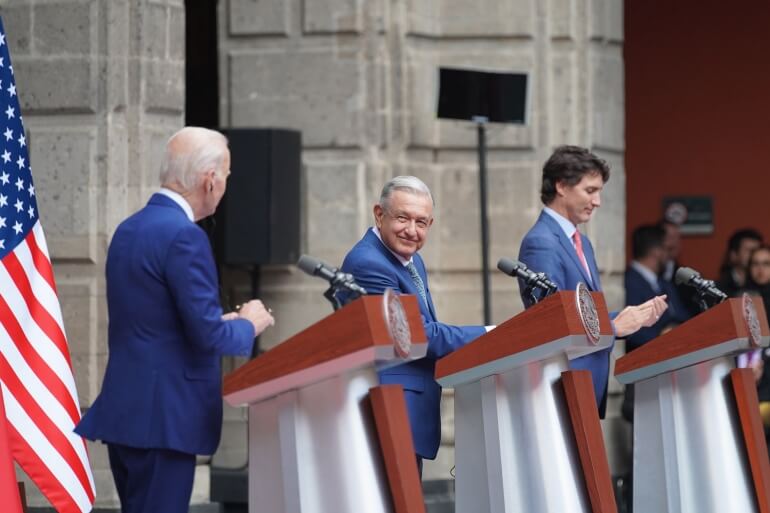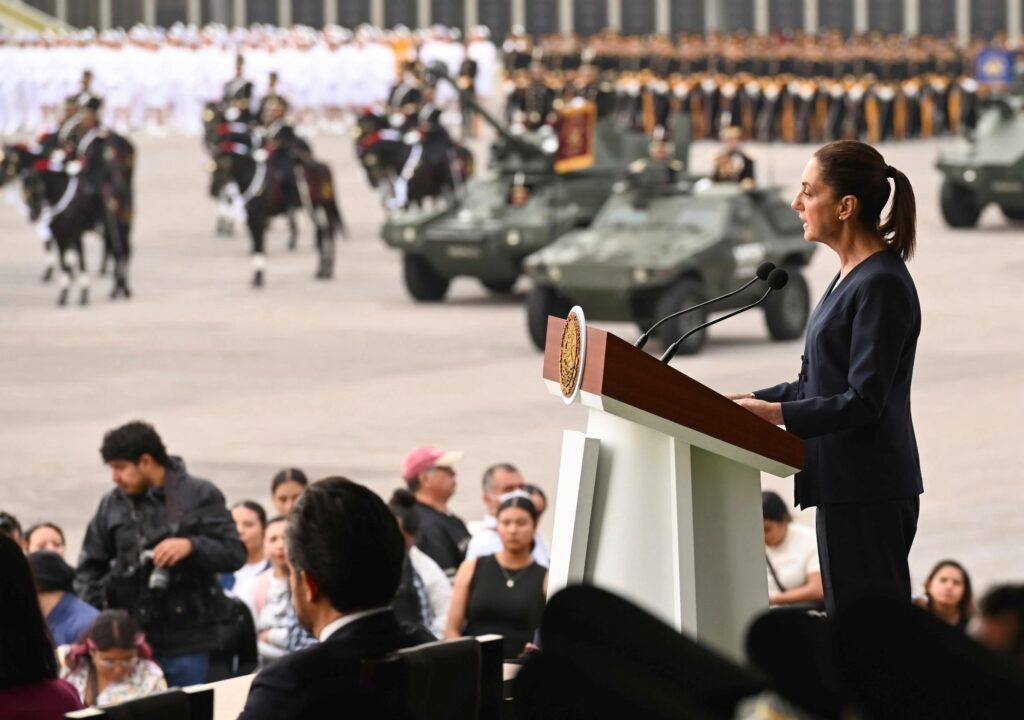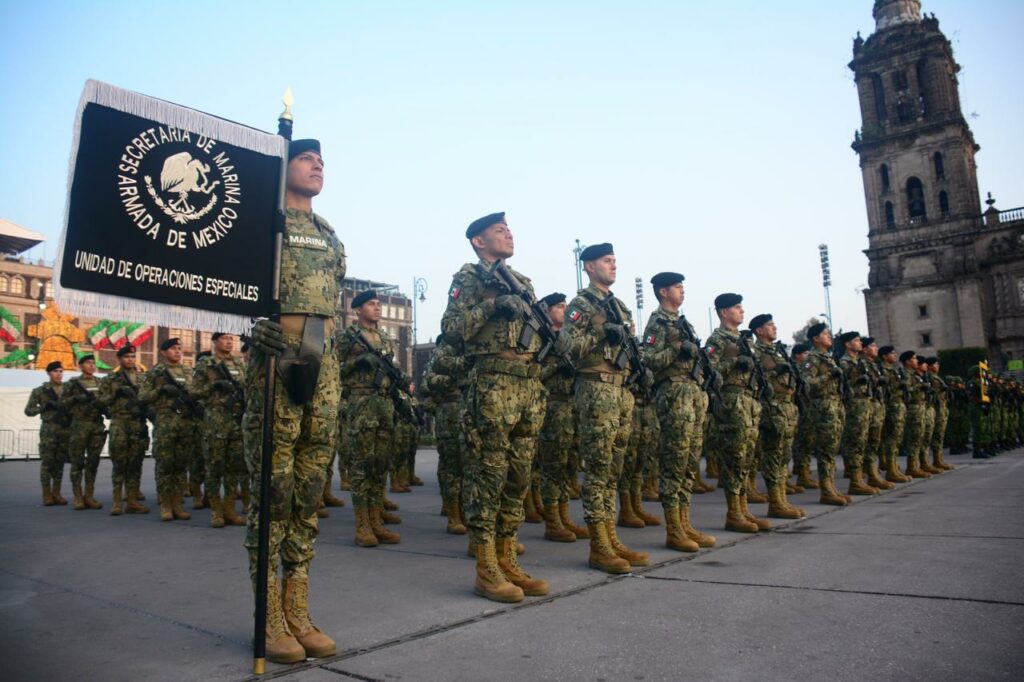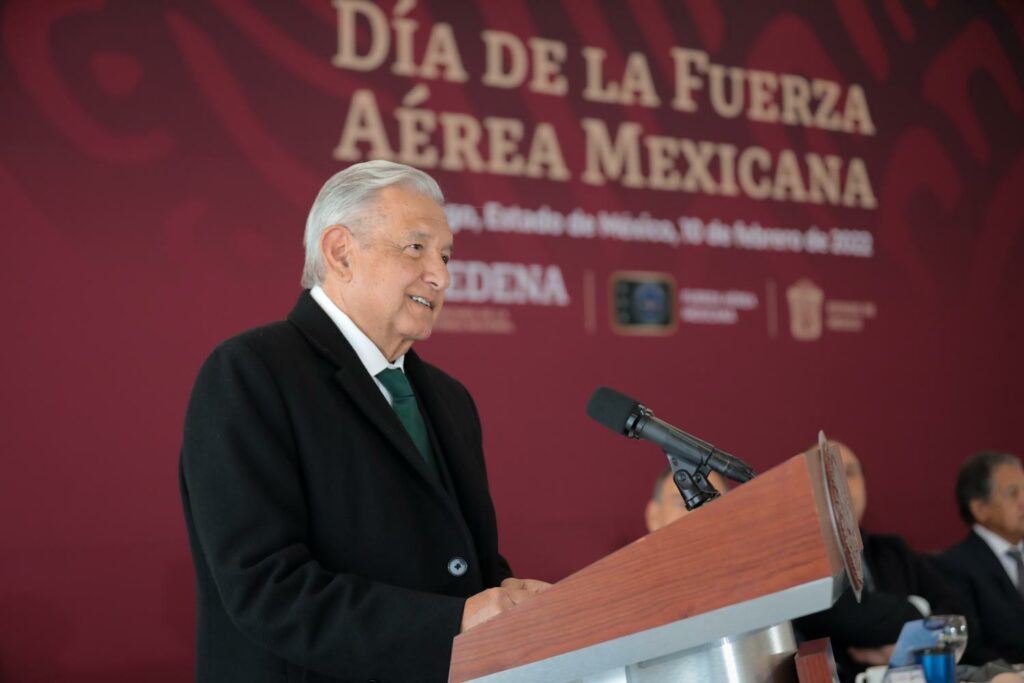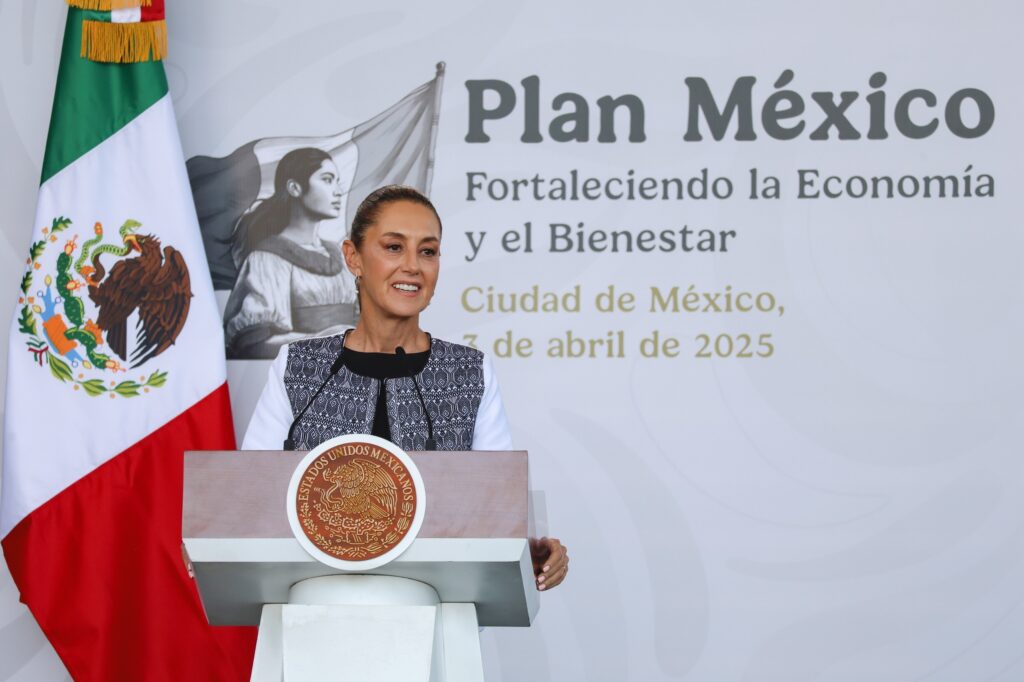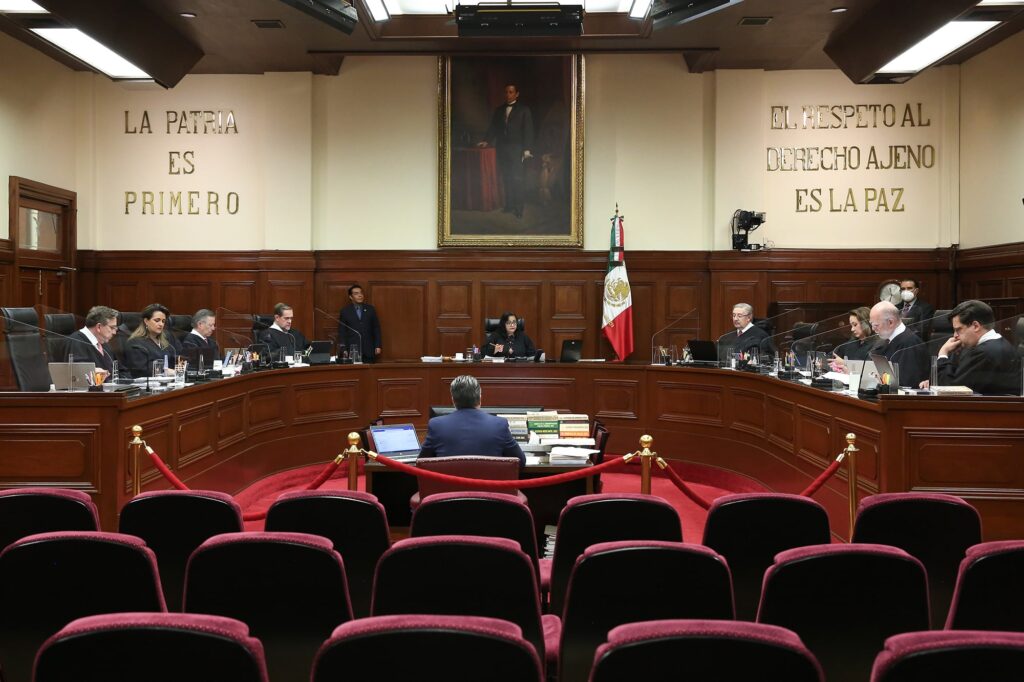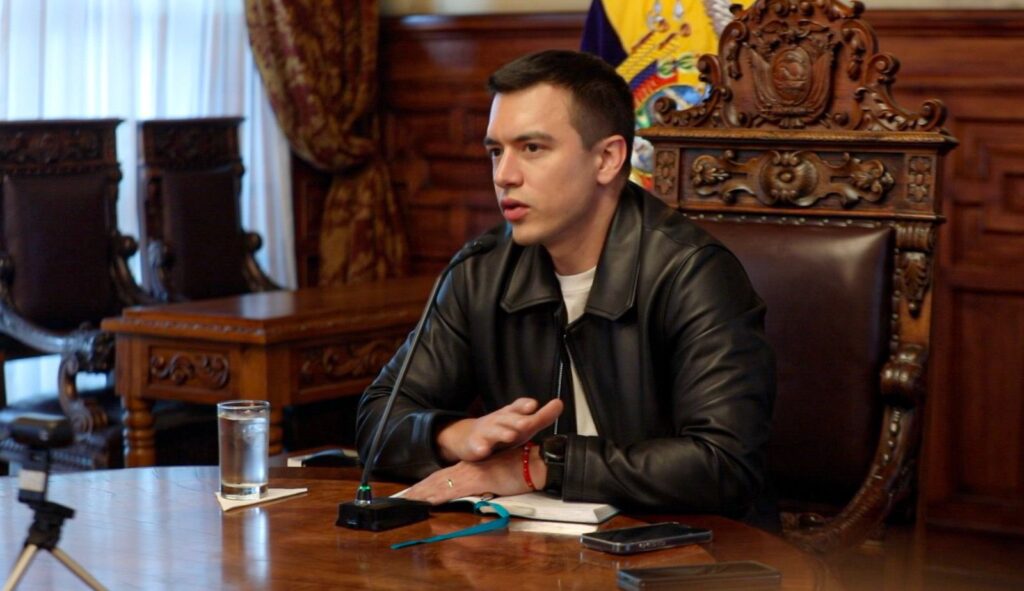Mexico City, Mexico — After President Joe Biden last week signed an executive order banning asylum for migrants crossing the U.S.-Mexico border irregularly, Mexican President Andrés Manuel López Obrador on June 10 said that migration flows through Mexico have not increased, and blamed politics ahead of U.S. elections for Biden’s decision.
On June 4, the U.S. government announced one of the most radical measures on immigration taken during Biden’s term. In the wake of an alleged surge of migrants at the southern border with Mexico, Biden signed an executive order banning asylum for undocumented migrants.
Although the ban is temporary and will be lifted once migration flows ease and crossings are reported to be no more than 1,500 people, the newly implemented measure has caused diplomatic tensions with Mexico.
During his daily press conference on June 10, President López Obrador said that no such migratory surging had transpired that would cause such a drastic response from the U.S. government.
“It is a permanent issue related to migration; there is communication with the U.S. government; they are making decisions such as this last one related to asylum, but in five months, there has not been an overflow of migratory flows,” said the Mexican president.
During his briefing, López Obrador acknowledged a “delicate” situation regarding a substantial increase in migratory flows in December 2023; however, he stressed that migration has eased since then.
In December 2023, migration in the region rose dramatically, with the U.S. border reporting nearly 250,000 migrant encounters by the end of the month, breaking the May 2022 record of 224,000 encounters.
Lopez Obrador has blamed political pressure stemming from the upcoming U.S. presidential elections as the real reason behind Biden’s ban, and underscored that the only problems with migration stem from countries that maintain hostile relations with the U.S. government.
“We have more problems with countries in which the United States does not want to seek solutions because of political pressures, especially now that there will be elections. I am referring to Cuba, Venezuela, Haiti, Nicaragua, and Guatemala lately,” said López Obrador.
Some reports even suggest that the immigration situation has relaxed in recent months. According to Customs Border Patrol (CBP) data, migration had slowed by May this year, with an average of 3,700 encounters reported, a 50% reduction from last December’s peaks. This translates to the third most relaxed month of migration in Biden’s 40 months as president.
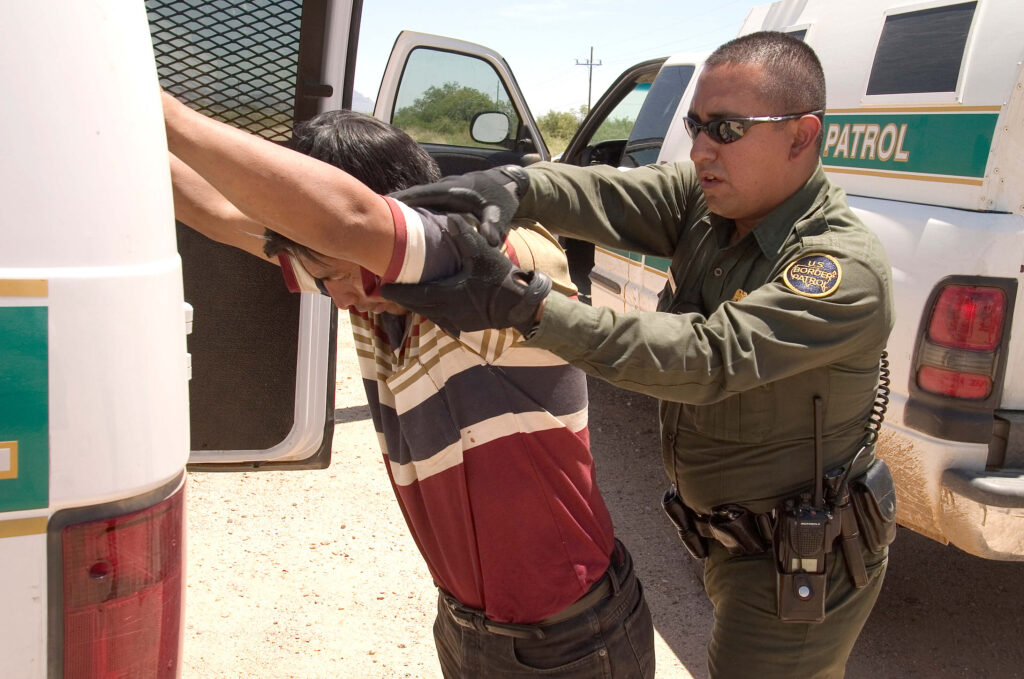
Despite the slight migration decline, Biden’s new measure could provoke tensions on Mexico’s northern border, which is why Lopez Obrador has said he will seek an agreement with the Biden administration to deport non-Mexican migrants directly to their countries of origin.
The U.S. has relied on its southern neighbor to expedite deportations from its territory and alleviate immigration pressures on its side of the border.
Measures such as Title 42, a tool implemented by former President Donald Trump during the COVID-19 pandemic, ensured immediate deportation of refugee claimants, with the Mexican government acting as a guarantor who received the deportees.
From its implementation in March 2020 until its repeal in May 2023, more than 2.9 million migrants were removed from the U.S. under Title 42, the vast majority being of Mexican origin.
“We are looking for them to reach an agreement so that, if they (the United States) decide to deport, they do it directly, and we are helping them reach that agreement. Why? We have no problems; we treat migrants very well, all of them, but why triangulate? Why not a direct agreement?” said López Obrador on June 5.


